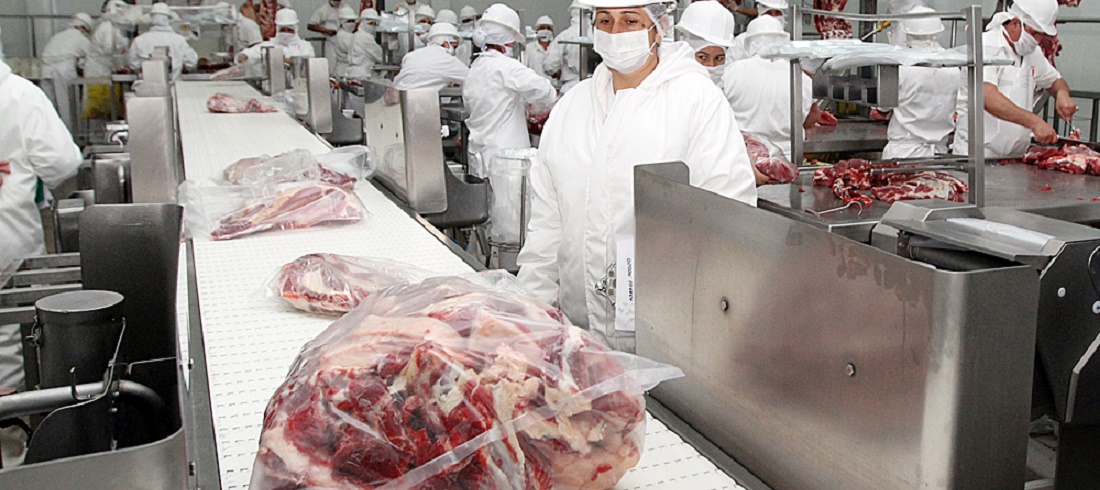
USDA foresees no major changes in the Argentina cattle complex in 2023
Sep, 27, 2022 Posted by Gabriel MalheirosWeek 202239
According to projections from the USDA chapter in Buenos Aires, cattle herd, slaughter, meat production, consumption, and export volumes are expected to remain largely unchanged in Argentina in 2023.
China is expected to remain the top export destination, accounting for over 70% of projected exports of 770,000 tonnes of carcass weight equivalent (CWE).
Despite strong global demand for beef and good prices, export restrictions imposed by the Alberto Fernández administration are expected to prevent Argentina from shipping higher volumes.
The USDA office says these restrictions are expected to last until the end of 2023. However, negotiations between the government and industry have taken place to ease some export restrictions.
Please see below the track record of the exports of beef (HS 0201, HS 0202) from Argentina between January 2019 and July 2022. The data is from DataLiner.
Beef exports from Argentina | Jan 2019 – Jul 2022 | TEUs
Source: DataLiner (click here to request a demo)
High world beef prices in 2022 put Argentina on track to achieve record exports in terms of value but not volume.
Due to stable domestic production and consumption, Argentine beef exports in 2023 are forecast at 770,000 tonnes CWE, unchanged from the previous year.
Exporters say government policies to create a well-supplied domestic market will prevent exports from increasing. However, many argue that the current approach could undergo flexibility changes to increase exports.
The current policy, expected to last until the end of 2023, limits exports to a general monthly quota of 29,000-30,000 tonnes (product weight).
Exports done under the Hilton Quota and the High-Quality Quota (481) to the EU, as well as the yearly quota to the US and a small quota to Colombia, are not included in the restrictions and do not count towards the general quota.
Low-quality beef exports can be freely exported, mainly to China, as there is no solid domestic demand. In turn, exports of seven popular cuts of beef are banned and must be sold in the country.
In recognition of falling local beef prices and the country’s need to generate more foreign exchange through exports, the government and the meatpacking industry are currently in talks to increase the overall monthly quota by 10%. In turn, a 9% tax on beef exports remains in effect.
Source: Beef point
To read the full original article, please go to: https://www.beefpoint.com.br/sem-grandes-mudancas-no-complexo-pecuario-argentino-ate-2023/
-
Economy
Sep, 06, 2022
0
Argentine exports to Brazil top 3rd best result in 9 years
-
Ports and Terminals
Apr, 05, 2019
0
BTP receives four new RTG cranes from China’s ZPMC
-
Grains
Aug, 17, 2023
0
US believes there are many alternative routes for Ukrainian grain exports
-
Economy
Apr, 30, 2020
0
25% rise in exports to China helps soften the coronavirus pandemic’s impact on Brazil’s economy


